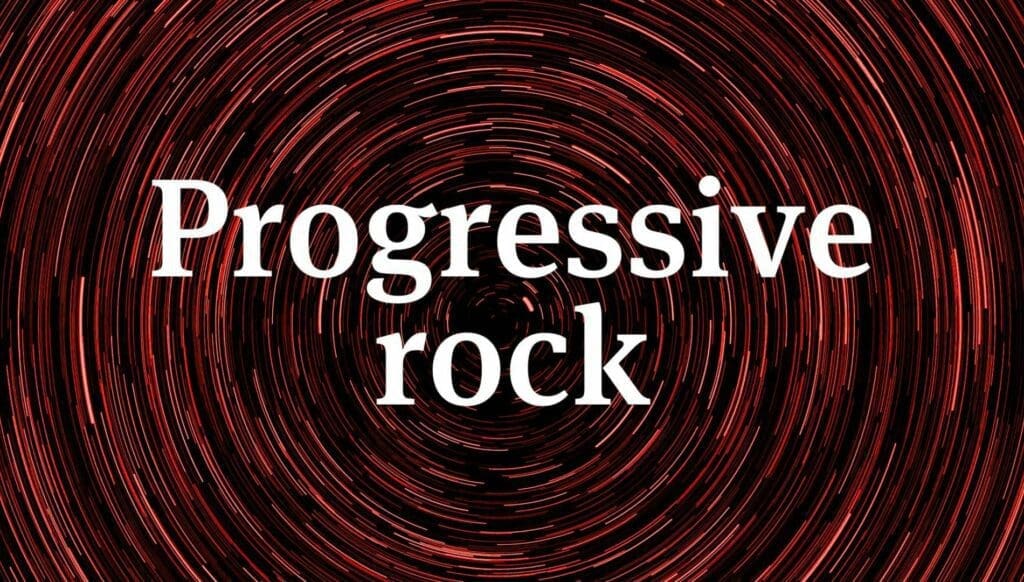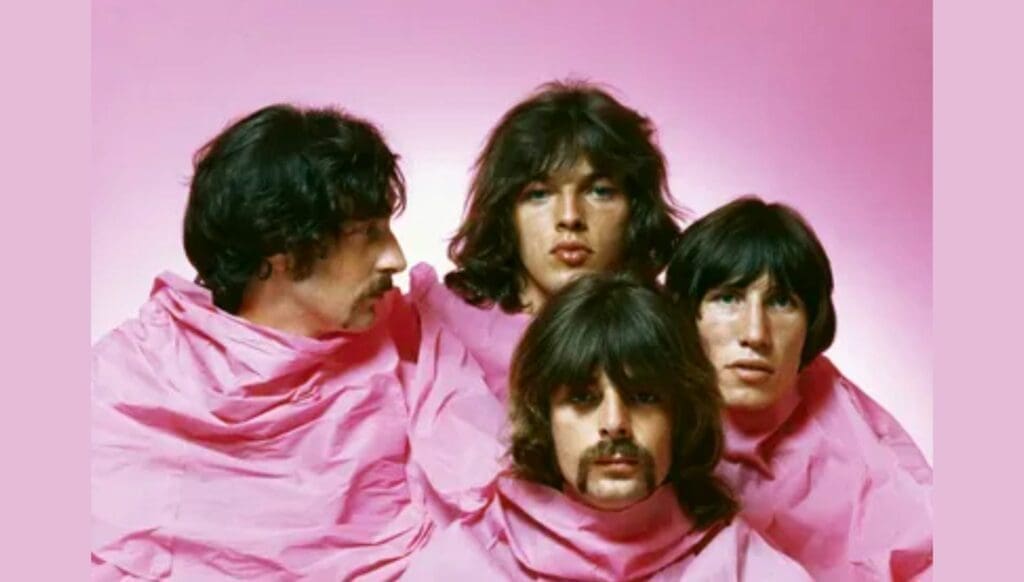
Progressive rock, often referred to simply as prog, is a genre of rock music that emerged in the late 1960s and early 1970s. It is characterized by its complex and intricate musical structures, virtuosic instrumental performances, and a willingness to experiment with different musical styles and genres. Progressive rock bands often incorporate elements of classical music, jazz, and folk music into their compositions, resulting in a sound that is both challenging and rewarding for listeners. With its emphasis on musical innovation and creativity, progressive rock has had a profound influence on the development of rock music as a whole.
History Of Progressive Rock
The origins of progressive rock can be traced back to the mid-1960s when bands like The Beatles and The Beach Boys began experimenting with different musical styles and incorporating elements of classical music into their compositions. However, it wasn’t until the late 1960s that the genre really began to take shape. One of the earliest and most influential progressive rock bands was King Crimson, formed in 1968 by guitarist Robert Fripp.
Their debut album, “In the Court of the Crimson King,” is widely regarded as a classic of the genre. The album featured complex time signatures, virtuosic instrumental performances, and a wide range of musical influences, including jazz and classical music. Other notable progressive rock bands of the era included Yes, Genesis, and Pink Floyd. Yes, formed in 1968, was known for their intricate vocal harmonies and virtuosic instrumental performances. Genesis, formed in 1967, combined elements of rock, folk, and classical music in their compositions.
Pink Floyd, formed in 1965, was known for their experimental use of sound effects and psychedelic imagery. The 1970s saw the rise of many other progressive rock bands, including Jethro Tull, Emerson, Lake & Palmer, and Rush. These bands continued to push the boundaries of rock music, incorporating elements of jazz, funk, and even electronic music into their compositions. However, by the late 1970s, the popularity of progressive rock began to wane.
Many critics and fans felt that the genre had become too pretentious and self-indulgent, with bands focusing more on technical virtuosity than on creating memorable songs. Despite this decline in popularity, progressive rock continued to influence musicians in a wide range of genres. Bands like Radiohead, Tool, and Dream Theater have all cited progressive rock as a major influence on their music.
The Best Progressive Rock Artists

One of the most influential progressive rock bands is Pink Floyd. The band’s early albums, such as “The Piper at the Gates of Dawn” and “A Saucerful of Secrets,” were psychedelic rock masterpieces that featured intricate guitar work and experimental sound effects. However, it was their 1973 album “The Dark Side of the Moon” that cemented their place in the progressive rock pantheon. The album’s concept and thematic elements, coupled with its innovative use of studio technology, made it a landmark achievement in the genre.
Another iconic progressive rock band is Yes. The band’s intricate and virtuosic musicianship, coupled with their penchant for incorporating classical and symphonic elements into their compositions, made them one of the most popular and influential bands of the genre. Albums such as “Fragile” and “Close to the Edge” are considered classics of the genre and showcase the band’s exceptional musicianship and songwriting abilities.
Genesis is another progressive rock band that had a significant impact on the genre. The band’s early albums, featuring Peter Gabriel as lead vocalist, were theatrical and ambitious, incorporating elaborate stage shows and costumes into their performances. The band’s later albums, featuring Phil Collins as lead vocalist, were more streamlined and pop-oriented but still retained their progressive rock sensibilities.
Other notable progressive rock artists include Frank Zappa, Gentle Giant, Steven Wilson, Jethro Tull, and Emerson, Lake & Palmer. Each of these bands had a unique sound and approach to the genre, but all shared a commitment to pushing the boundaries of rock music and creating complex and challenging compositions.
The Genre Today
Today, progressive rock music remains a beloved genre incorporating moody blues and folk rock for music fans who appreciate its complexity, creativity, and willingness to push the boundaries of what is possible in rock music. While it may not be as popular as it once was, its influence can still be heard in the work of many contemporary musicians, and its legacy continues to inspire new generations of musicians to push the boundaries of what is possible in rock music.
Despite its niche appeal, progressive rock continues to thrive in the music industry today. Its emphasis on musical creativity and innovation has inspired countless musicians over the years, and it’s likely that we’ll continue to see new and exciting prog bands emerge in the future.
Closing Thoughts
In conclusion, the progressive rock music genre has produced some of the most innovative and influential music in rock history. While there is no definitive “best” artist, the bands mentioned above are all worthy of consideration and have left an indelible mark on the genre.









